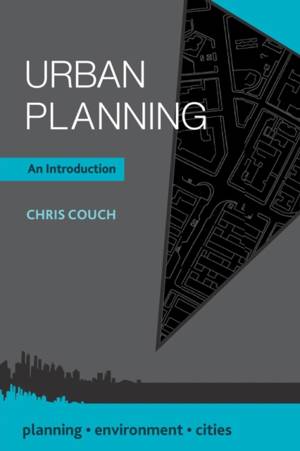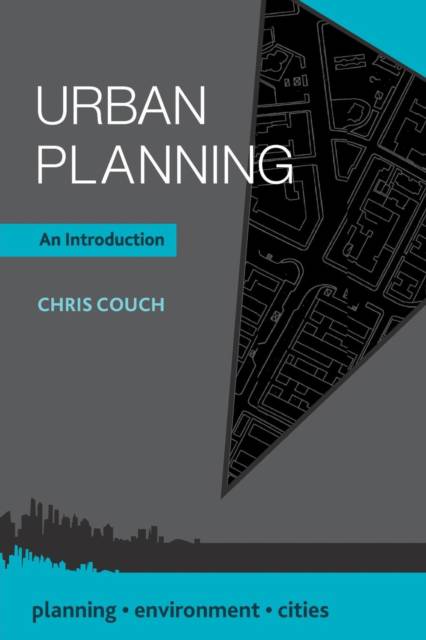
- Retrait gratuit dans votre magasin Club
- 7.000.000 titres dans notre catalogue
- Payer en toute sécurité
- Toujours un magasin près de chez vous
- Retrait gratuit dans votre magasin Club
- 7.000.000 titres dans notre catalogue
- Payer en toute sécurité
- Toujours un magasin près de chez vous
Description
This is a wide-ranging and internationally-focussed introduction to planning for the urban landscape. It provides an up-to-date account of planning, reflecting throughout on the need for sustainable, efficient and equitable solutions to planning problems. Taking account of the sometimes conflicting expectations of markets, citizens, public organizations and planners, it demonstrates the similarities of challenges faced in different national planning systems.
The author traces the historical evolution of planning and urban governance, and explores the range of urban problems and policies likely to be found in almost any city in the developed world. Combining the latest theory in the field with practical insight and numerous illustrative case studies, the author comprehensively addresses issues of economic change and development; retailing and the role of urban centres; housing provision and neighbourhood renewal; urban design and conservation; green and blue infrastructure; and mobility and accessibility. Assuming no prior knowledge of the subject, this text is the ideal accessible introduction to the planning field, giving equal focus to both theory and practice. Whilst celebrating the work of planners, it also provides essential critical analysis of how key decisions are made and implemented, the benefits and limitations of planning, and ultimately its potential in achieving 'good city form'.Spécifications
Parties prenantes
- Auteur(s) :
- Editeur:
Contenu
- Nombre de pages :
- 340
- Langue:
- Anglais
- Collection :
- Tome:
- n° 35
Caractéristiques
- EAN:
- 9781137427564
- Date de parution :
- 08-01-16
- Format:
- Livre broché
- Format numérique:
- Trade paperback (VS)
- Dimensions :
- 155 mm x 231 mm
- Poids :
- 521 g







